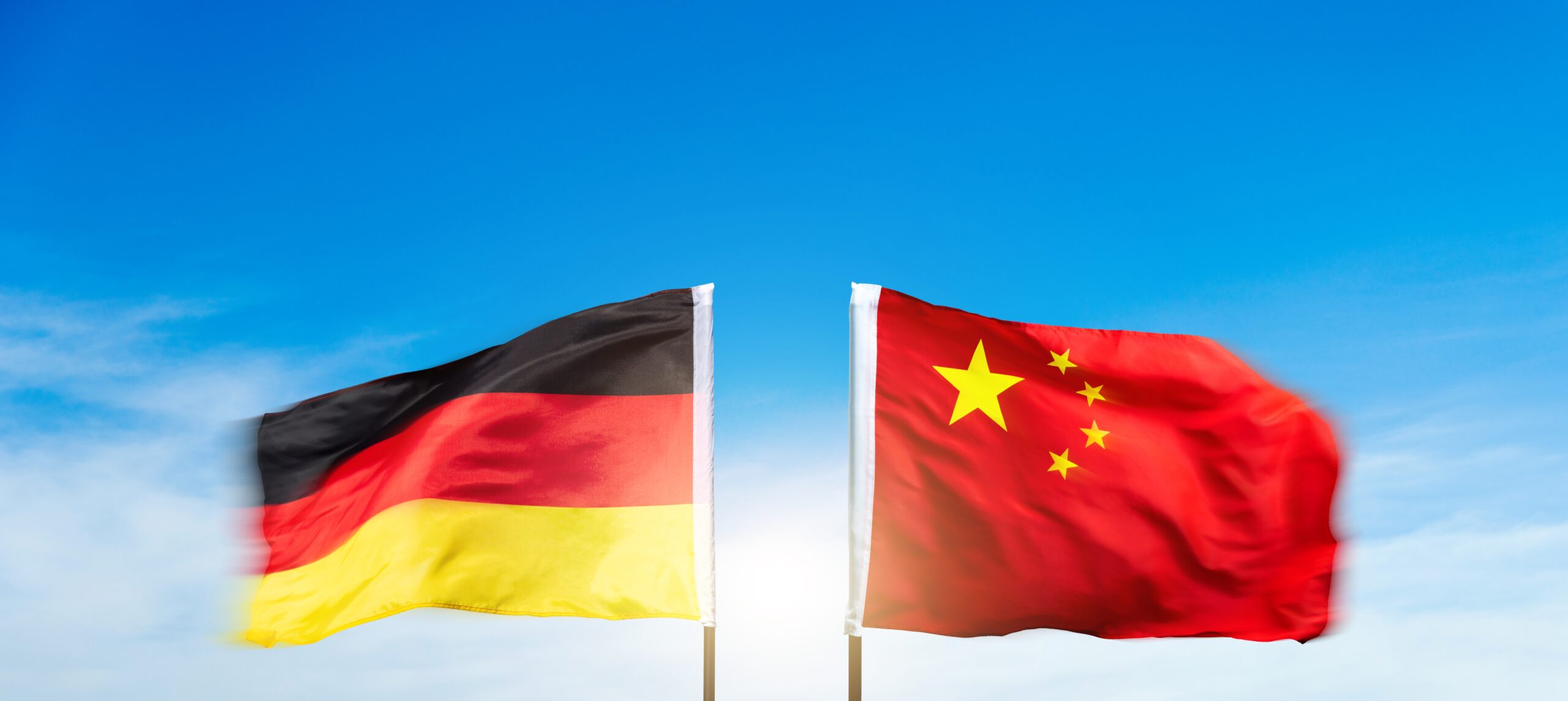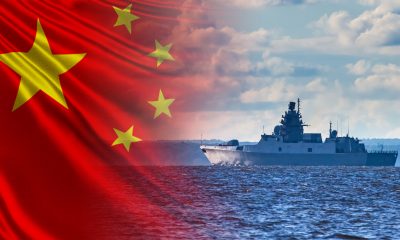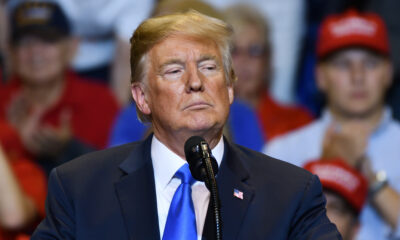Germany Adjusts China Strategy Amid Shifting Global Dynamics

Germany has revised its China policy in response to Beijing’s evolving behavior towards the international community, according to Thomas Bagger, the state secretary of the German Foreign Ministry. Speaking at the Hudson Institute on June 28, Bagger highlighted a significant shift in Germany’s approach to China, moving from a focus on partnership to one of competition and rivalry.
Bagger emphasized that Germany’s policy now aims at reducing dependency on China, particularly after the COVID-19 pandemic exposed vulnerabilities in supply chains. This includes efforts to decrease reliance on Chinese medical supplies and raw materials essential for technology. Bagger acknowledged that a complete decoupling from China would have severe economic repercussions for Germany.
Germany’s new stance was made explicit with the unveiling of its first-ever Strategy on China last year, designed to reduce economic dependence and promote fair cooperation. Bagger noted that Germany, while aligning with the U.S. on several issues, including the need for China to respect international law in the South China Sea, maintains its distinct approach. “We’re not America’s poodle,” Bagger stated, underlining Germany’s independent policy decisions.
Bagger also highlighted the impact of China’s support for Russia in the ongoing Ukraine conflict, stating that it jeopardizes German and European security interests. He warned that continued support for Russia would have significant consequences for China’s relationships with Europe.
China has been Germany’s top trading partner since 2015, but recent data shows a shift, with the United States surpassing China in trade volume in the first quarter of this year. Germany’s trade with the U.S. totaled €63 billion ($68 billion) from January to March, compared to nearly €60 billion with China.
This shift occurs against a backdrop of increasing economic tensions. The European Union recently announced a 38.1 percent tariff on imported Chinese electric vehicles (EVs), accusing Beijing of unfair subsidization. Germany opposed the EU tariff hike, fearing retaliatory measures against its major automakers like BMW, Mercedes-Benz, and Volkswagen, which have significant manufacturing operations in China.
Business confidence among European companies in China has declined, according to a survey by the European Union Chamber of Commerce. The survey revealed that 68 percent of European companies find doing business in China increasingly challenging due to market access issues, regulatory barriers, and structural economic problems in China, such as slowing demand and an ongoing property sector downturn.
As Germany navigates this complex relationship, it continues to balance economic interests with the need to address geopolitical challenges posed by China’s actions on the global stage.
























